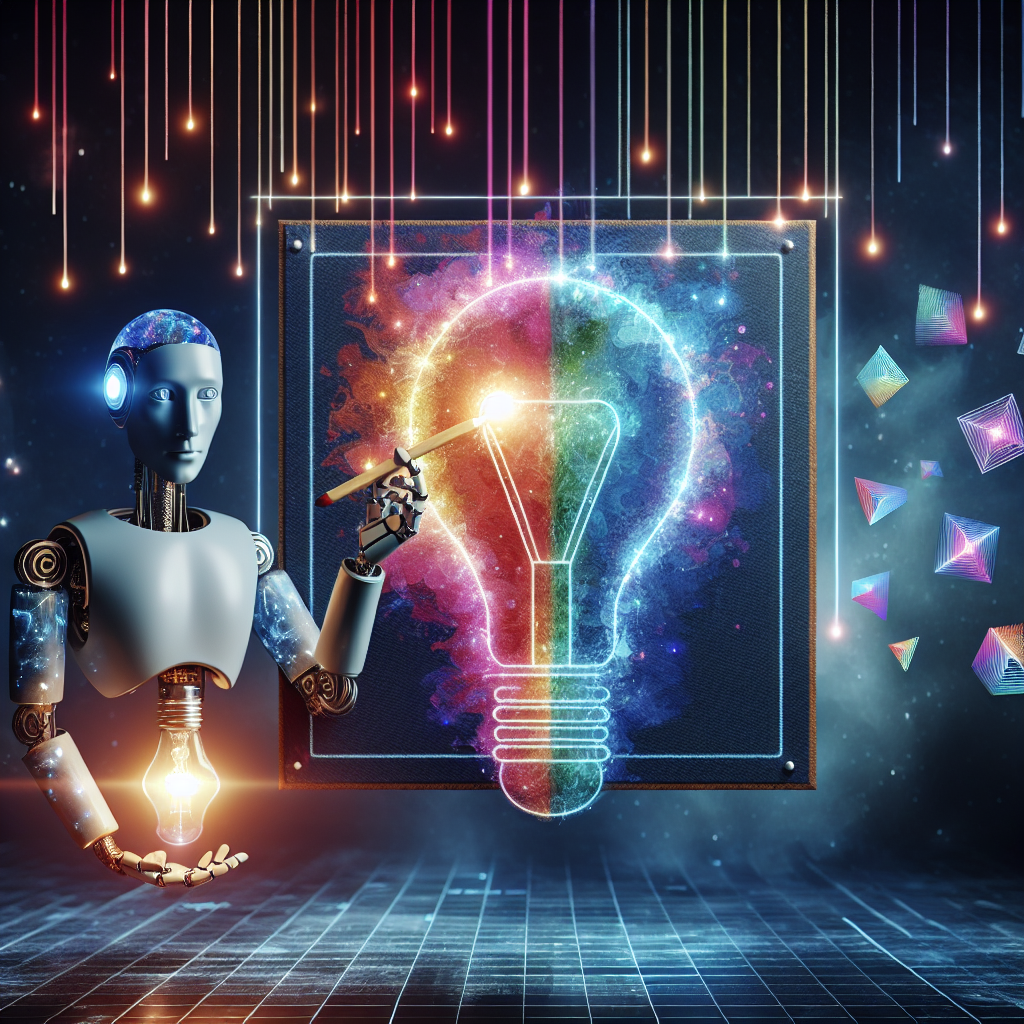Your cart is currently empty!
AI and the Future of Creativity: A Closer Look

Artificial intelligence (AI) is revolutionizing the way we live, work, and create. From self-driving cars to virtual assistants, AI is rapidly becoming a part of our everyday lives. But what does this mean for the future of creativity?
One of the most exciting aspects of AI is its potential to enhance creativity in ways we never thought possible. AI algorithms can analyze vast amounts of data and identify patterns and trends that humans may not be able to see. This can help artists, designers, and writers generate new ideas and push the boundaries of their creativity.
For example, AI-powered tools like Adobe Sensei and Google’s DeepDream can help artists create stunning visual effects and manipulate images in ways that were previously impossible. These tools can analyze an artist’s style and suggest new techniques or variations to enhance their work.
In music, AI is being used to compose new songs and even perform alongside human musicians. Companies like Amper Music and AIVA are developing AI algorithms that can generate original music compositions based on a user’s preferences or input.
In the world of literature, AI is being used to generate new story ideas, write poetry, and even create entire novels. OpenAI’s GPT-3 language model has been praised for its ability to generate coherent and engaging text, sparking debates about the role of AI in the creative writing process.
While AI has the potential to enhance creativity, some worry that it may also lead to job displacement and a loss of human creativity. As AI becomes more advanced, there is a fear that it may outperform human artists and designers, leading to a decline in demand for human creativity.
However, many experts believe that AI and human creativity can coexist and complement each other. By using AI tools to enhance their work, artists and designers can push the boundaries of their creativity and create new and innovative pieces that were previously unimaginable.
In conclusion, AI has the potential to revolutionize the future of creativity by providing artists, designers, and writers with new tools and techniques to enhance their work. While there are concerns about job displacement and the role of AI in creativity, many believe that AI can enhance human creativity and lead to new and exciting possibilities in the world of art and design. The future of creativity is bright, with AI leading the way to new and innovative creations.

Leave a Reply